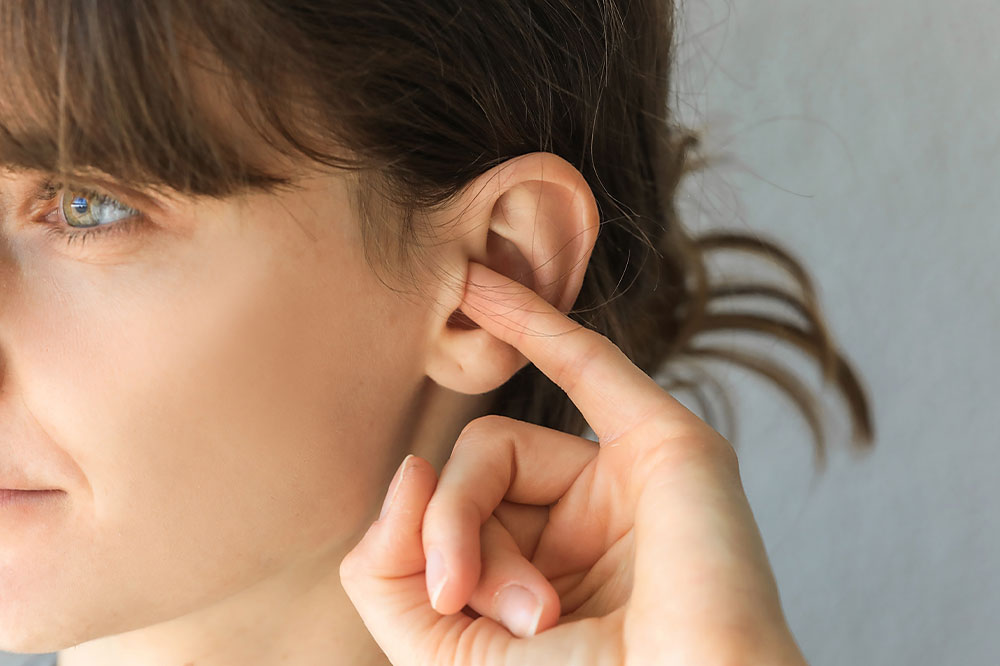Understanding Ear Blockage and Why Prompt Care Matters
This article covers effective management of ear congestion, including causes, home remedies, and when to seek medical assistance. Timely treatment can prevent complications and preserve ear health. It emphasizes importance of avoiding irritants, recognizing symptoms, and consulting healthcare professionals for severe cases.
Sponsored

Ear blockage and why timely intervention is essential
Have you experienced difficulty hearing, muffled sounds, or a sensation of fullness in your ears? While it might seem minor initially, ignoring ear issues can lead to more serious complications. Recognizing ear blockage early and seeking prompt treatment can prevent potential health risks. Ear congestion often results from obstructions or pressure imbalances, making timely management crucial for preserving ear health.
What causes ear blockage and when should you be concerned?
Ear blockage occurs when there is an obstruction in one or both ears that impairs hearing.
This blockage can happen when the pressure outside the ear and inside the middle ear are mismatched.
The Eustachian tube, a small canal connecting the nose to the middle ear, helps equalize this pressure, and issues here can cause blockage.
Common causes of ear congestion include:
Exposure to cigarette smoke, which can contribute to ear issues.
Forcing air out of the nose with force can impact the ear tube.
Cold or nasal congestion can lead to ear blockage.
Middle ear infections that produce pus are another cause of congestion.
Sudden altitude changes during flights can induce ear pressure problems.
Simple approaches to alleviate ear congestion:
Stay hydrated to help thin mucus and improve ear drainage.
Gently blowing the nose may relieve pressure buildup.
Over-the-counter decongestants can be effective.
Avoid smoking to reduce aggravation.
If water is trapped in the ear after swimming or bathing, tilt your head and gently tug the earlobe.
Hydrogen peroxide drops can help if excess water is present.
Things to consider when using decongestants:
Common pain relievers like acetaminophen and ibuprofen are safe options, but consult a healthcare professional before using decongestants.
Always seek medical advice before taking medication, especially for children under 12.
Limit use of nasal sprays to 3-5 days to prevent rebound congestion.
Be aware of possible side effects such as dizziness or nervousness for oral medications like Sudafed.
Potential pain areas associated with ear congestion:
Pain may be confined to the ears.
Discomfort might extend to the outer ear and surrounding facial areas.
When is it necessary to see a doctor?
If fever develops alongside ear congestion.
Persistent hearing loss or deafness.
Difficulty maintaining balance or dizziness.
Long-lasting congestion unresponsive to home remedies.
Persistent pain or swelling despite treatment.






